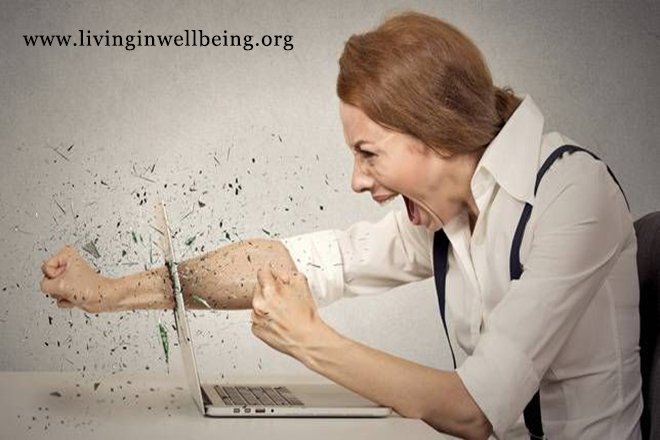
Stop emotional eating by understanding the difference between eating out of habit and eating emotional stress.
Yes, at any given time you can be eating from habit or eating from emotion. How can you tell the difference? And what is habitual eating?
Habitual eating is the habit of being at a certain place or time and eating. For instance, stopping by a Dunkin Doughnuts on the way to work every morning. Or coming home every afternoon, walking in the front door, through the living room, into the kitchen, and opening the refrigerator.
The best technique to handle eating out of habit is awareness techniques. And quite frankly, for most of history, overeating has been approached strictly from the habitual. The techniques to handle eating out of habit are awareness techniques which could be any of the following:
Diets
Putting forks down between bites
Counting Calories
Equivalents
Take a deep breadth before eating
Quite frankly, if we were only habitual eaters, this is all that we'd need. However, none of the awareness techniques address eating emotional stress which is the reason why everyone who uses them experiences some weight loss and eventually gains it all back.
Only recently are we becoming aware of the eating emotional stress component which requires a completely different approach. Back to the main question, how do you tell whether you are a habitual or an emotional eater at any given time? The answer is not totally clear by one's behavior. Thus the most effective means of handling excessive eating is to go through a quick process of elimination.
First, it's best to simply assume that it's habitual and treat it accordingly. An awareness technique I suggest using is a shift in thinking (cognition) requiring no more than a few seconds. If it is indeed habitual, with the shift in thinking, the food is left there and food is forgotten. If on the other hand the shift in thinking results in temptation to follow through and eat, then it is clearly eating emotional. Overcoming emotional eating is to learn to embrace the context of the emotion and stop diluting it with food. It's to first of all acknowledge the specific emotion--no need to justify it or judge it--just notice the emotion and introduce the option of choice. And that is to take the emotion straight or to dilute it with food.
Now here comes the critical part. Being new to the concept of embracing emotion, it's normal for the individual to continue diluting the emotion with food. The goal is to move to a loving of self from which there is total acceptance (a building of self worth) at which point, the individual is able to say, "I have stopped diluting the feeling of (whatever). I may be uncertain as to how to handle the situation, one thing I know is that I have stopped diluting my feelings." And this is done one day at a time.
In fact, those who acquaint themselves with the relationship between food and emotions can never cheat again--it's simply no longer in the vocabulary.
A progressive approach to losing weight involves asking important questions "What is missing here? Why are you not getting the results you've been promised?" It is clearly insane to keep dieting and using techniques to deal with the habit of eating when the results are so poor. It's more important to gain a grasp on how to stop emotional eating--eating emotional stress than it is to read the scale. Besides focusing on the scale doesn't empower you to be a better more enlightened person, whereas learning how to overcome emotional eating empowers you in all aspects of your life. If you're a sales person, you'll be a better sales person. If you're an assembly line worker, you'll be a better assembly line worker. Overall, you'll build self worth and find that what you really want to eat is far more nutritious and less in quantity than you ever before imagined possible.












